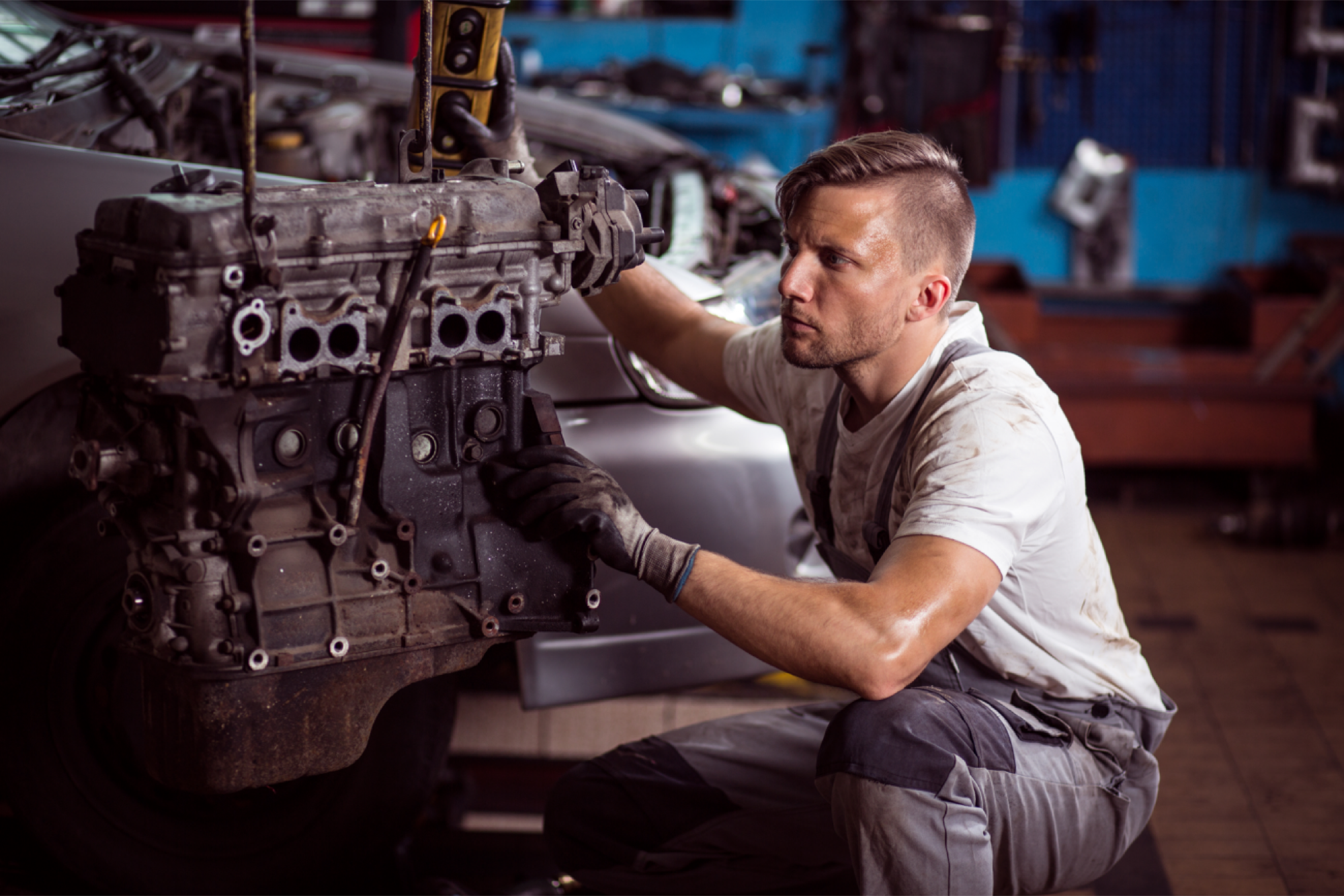How Adopting Electric Vehicles Can Help One Embrace a Sustainable Mode of Transport In this era of ever-increasing automobile dependence, incorporating electric vehicles in the system is among the most practical and approachable solutions towards a sustainable mode of transportation and of living
By Jeetender Sharma •
Opinions expressed by Entrepreneur contributors are their own.
You're reading Entrepreneur India, an international franchise of Entrepreneur Media.

The world is developing at an incredible pace every day. With new technological interventions emerging daily, industries across all verticals are witnessing stellar growth. Transportation is an industry that is crucial to a great extent to this growth. Since the industry is a quick adopter, it has been accepting these digital disruptions into its mechanism with agility. But there are a lot of adverse effects of the current modes that need to be countered.
Impact of Petroleum Using Vehicles
Transportation is one of the major contributors to greenhouse gas emissions, responsible for 23per cent of energy-related GHG emissions. The vehicles on the road account for three-fourths of these emissions, due to the usage of petroleum in these conventional modes. With approximately 900 million vehicles on road at present globally, this has resulted in inevitable consequences of both rises in crude oil demand and the complementing CHG emissions. The limited availability and high cost of fuel, together with the severe ways it impacts the environment in, has resulted in the necessity to shift to sustainable modes of transportation.
In India itself, the effects of the predominating modes of transportation are adverse. They include terrible air quality across most of the cities with automobile-related pollution being a major cause, greenhouse gas emissions contributing to global warming, an ever-increasing number of vehicles and stagnant traffic and congestion as a result of poor infrastructure. Additionally, the country is highly dependent on fossil fuel consumption which reflects in its economy, with crude oil imports costing an astounding USD 112 billion. Due to all these factors, the severe need to shift from conventional modes of transportation has arisen.
Solution
While the solutions may include sharing cars and using public transportation, these measures will not help change the bigger picture. Electric vehicle technology, on the other hand, has the potential to substantially reduce GHG emissions as well as air pollution. Merely by plugging an EV to a charger for a few hours, enough energy can be stored to go through the day. Along with curbing of pollution, greenhouse gas emissions and all such environmental concerns, these will also help reduce our reliance on crude oil and its consumption.
There are a lot of advantages of owning an EV on a personal level as well. While the mitigated environmental aspect will affect one in the long run, adopting EVs will also be cost efficient since one will be able to save all the money spent on fuel on a daily basis, which comprises of a major portion of one's monthly budget. Along with that, the Indian Government has launched Faster Adoption and Manufacturing of Hybrid and Electric Vehicles (FAME) scheme providing incentives of up to INR 22,000 for two-wheelers and up to INR 1.87L for four-wheelers that operate on Lithium-ion battery at the time of its purchase. Manufacturers can claim the subsidized amount from the government at the end of each month. While the scheme was initially started in metropolitan cities, it is now valid all over the nation. The government plans to initiate Phase-II of the scheme in March 2019.
Initiative
Even holistically, the Government of India in 2013 declared "National Electric Mobility Mission Plan (NEMMP) 2020' in accordance to the commitment made at the United Nations Framework Convention on Climate Change (UNFCCC)'s Paris Agreement. With this plan, the government envisions to make a radical shift to electric vehicles by 2030. Several vehicle manufacturing, as well as transportation network companies, have already begun working on making the production and usage of electric vehicles more common over the two decades that ensue. With this shift, India can become a global provider for economically viable and accessible clean mobility solutions.
While the demand for new and better infrastructure and the issues of congestion and parking spaces would remain, adopting electric vehicles would help reduce costs, air and noise pollutions, GHG emissions and the demand for fossil fuels substantially.











